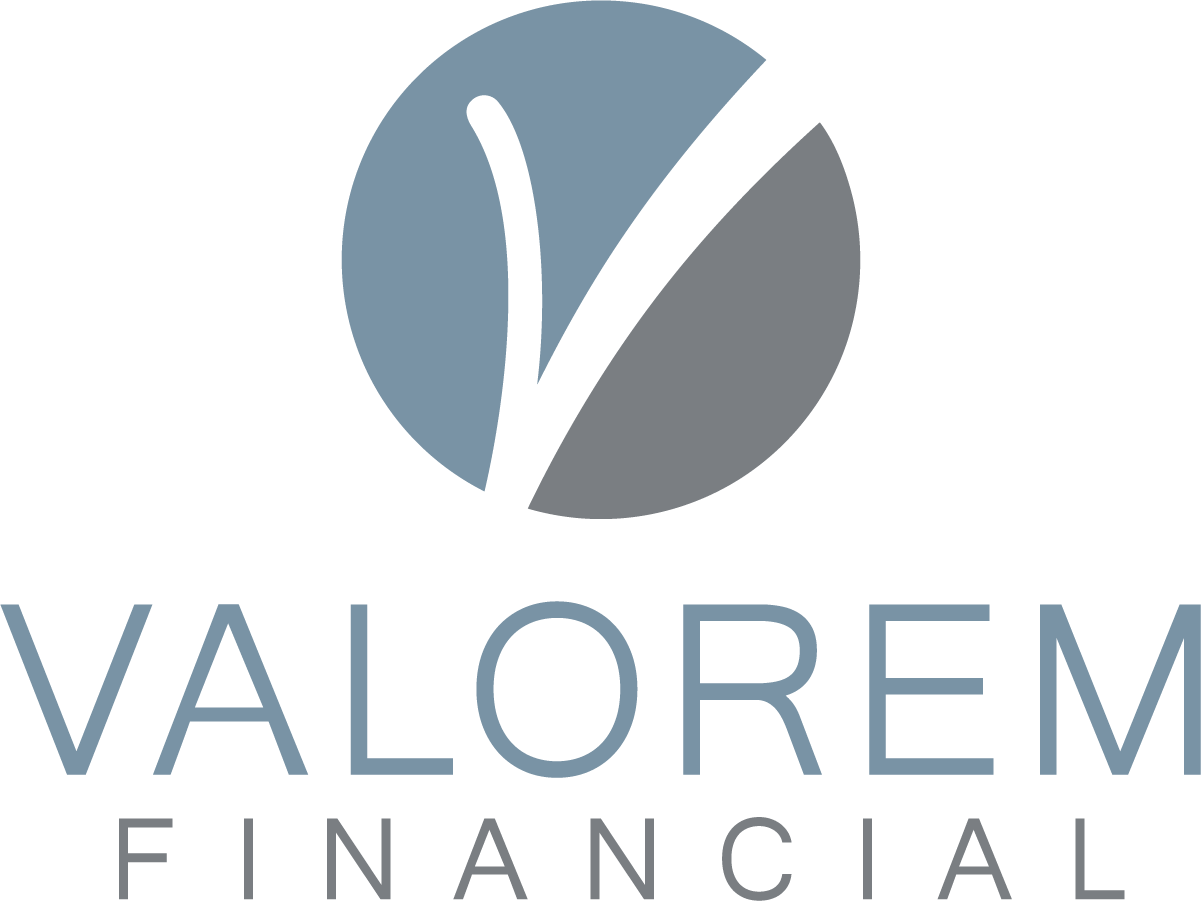Your 401(k) is a tax-advantaged retirement account built to help you save more for retirement. Contributions can lower your taxable income, and money inside your 401(k) grows tax-deferred. Withdrawals are subject to income tax. To encourage people to keep money in their 401(k)s until retirement, the IRS may charge a 10% early withdrawal penalty on withdrawals made before age 59 ½.
For the most part, it is unwise to withdraw money from your 401(k) before you’re ready to retire. Any funds you take out are money that is no longer working toward your retirement goals.
On the other hand, sometimes financial necessity or early retirement plans require you to make early withdrawals. To decide when to dip into your 401(k) and when to hold off, you need to consider several factors: the penalties and tax consequences of the withdrawal, the potential tax-advantaged growth you’re giving up, and your individual financial needs.
Early withdrawal options
The tax code provides for several exceptions to the 10% early withdrawal penalty to accommodate early retirees and people in need. That said, even without the penalty, early withdrawals from your 401(k) can limit your ability to grow your nest egg. That’s why you shouldn’t make them unless absolutely necessary. If you must, here are some options to consider:
- Hardship distributions. If you can show an “immediate and heavy financial need,” your plan may allow you to withdraw enough money to satisfy the need without incurring the 10% penalty. Qualifying needs may include certain medical expenses, home-buying expenses for a first home, money needed to prevent foreclosure or eviction, and burial or funeral expenses. You may only withdraw the amount of money needed to satisfy your financial need, and you will owe taxes on that amount.
- If your plan provider allows it, you can borrow from your 401(k) without owing taxes or incurring the 10% early withdrawal penalty. You’ll have to follow a strict repayment schedule, and you’ll owe interest to yourself. You must pay yourself back with after-tax dollars, which means the interest on the loan will be effectively taxed twice.
- Roth 401(k)s. If you have a Roth 401(k), you can make tax- and penalty-free early withdrawals as long you only withdraw contributions and not earnings.
- Rule 72(t). The IRS will allow you to start making penalty-free early withdrawals if you commit to taking a series of annual distributions, known as substantially equal periodic payments (SEPPs) every year for at least five years or until you turn 59 ½, whichever is longer. Following the rules of SEPPs can be very complicated, and a misstep can be costly. If you miss even one payment, you’ll owe early withdrawal penalties on all of the funds you’ve already taken out. Individuals interested in pursuing this strategy may want to engage a financial professional who can help ensure they don’t miss any critical steps.
- The rule of 55. If you’re planning to retire early and need to tap your 401(k), the rule of 55 may be able to help. To qualify you must leave your job during or after the calendar year in which you turn 55, and you can only make withdrawals from your current 401(k). Not all employers will allow you to do this, so check with your retirement plan provider first.
Tapping into your 401(k) before you reach age 59 ½ should only be something you consider as a last resort after you’ve exhausted your other options. A financial advisor can help you choose a withdrawal strategy that fits your situation and develop a plan to keep you on track for retirement.
SOURCES:
https://www.irs.gov/retirement-plans/retirement-plans-faqs-regarding-hardship-distributions
https://www.cnbc.com/2020/04/20/tapping-your-401k-is-now-the-right-time-to-do-it.html
https://www.irs.gov/retirement-plans/retirement-plans-faqs-regarding-required-minimum-distributions
https://www.forbes.com/advisor/retirement/rule-of-55-retirement/
https://www.forbes.com/advisor/retirement/rule-72t-early-withdrawals-sepps/
https://www.irs.gov/retirement-plans/hardships-early-withdrawals-and-loans
*To qualify for the tax-free and penalty-free withdrawal or earnings, a Roth IRA must be in place for at least five tax years, and the distribution must take place after age 59 ½ or due to death, disability, or a first-time home purchase (up to a $10,000 lifetime maximum). Depending on state law, Roth IRA distributions may be subject to state taxes.
Information provided by Valorem Financial and written by Oechsli, a non-affiliate of Cetera Advisor Networks LLC or CWM, LLC. For a comprehensive review of your personal situation, always consult with a tax or legal advisor. Neither Cetera Advisor Networks LLC nor any of its representatives may give legal or tax advice.

